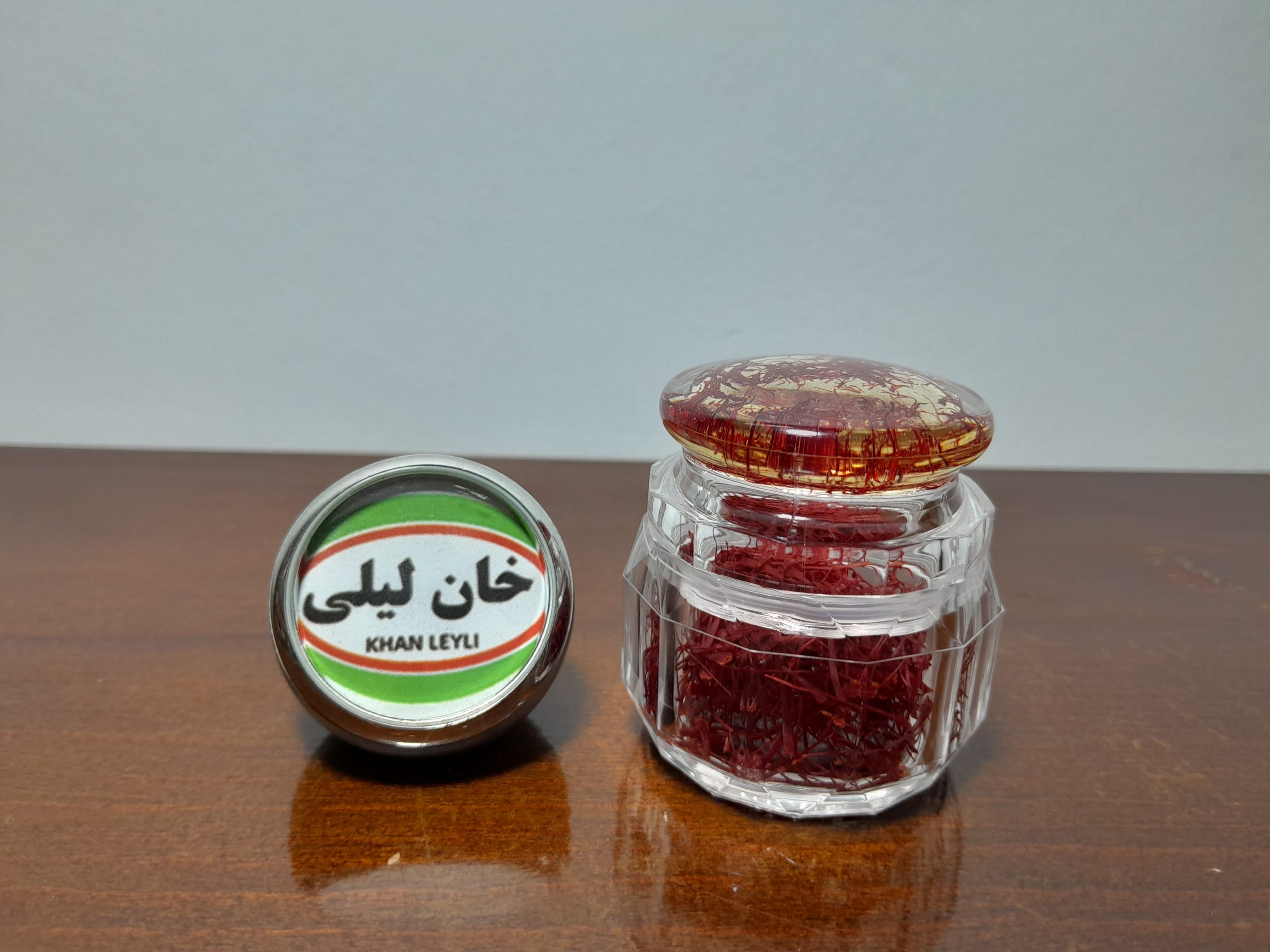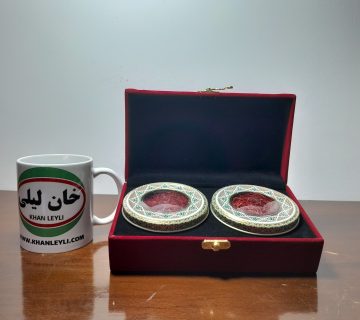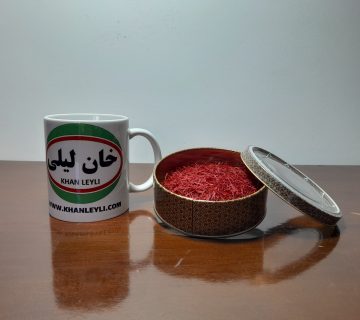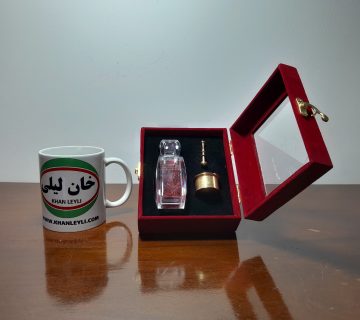Saffron, the precious spice renowned for its vibrant color and unique flavor, is a culinary treasure sought after by chefs and connoisseurs worldwide. At the heart of the saffron trade are wholesale centers that serve as gatekeepers to the distribution of this golden spice. This essay explores the key aspects that define top-tier saffron wholesale centers, unraveling the intricate tapestry of quality, transparency, and excellence.
The hallmark of a superior saffron wholesale center is a solid reputation built on reliability and trust. Renowned centers have a history of delivering quality saffron consistently, earning the trust of buyers in the culinary and commercial sectors.
The best wholesale centers adhere to stringent quality standards and hold certifications that validate the authenticity and purity of their saffron. Transparency is a key feature, with these centers providing clear documentation on the grading process, ensuring buyers have insights into the quality of the product they are purchasing.
Premier wholesale centers recognize the significance of the geographical origin of saffron. They often source their saffron from regions with optimal growing conditions, such as Iran, India, or Spain. Understanding and transparently communicating their sourcing practices is a distinguishing feature.
Establishing direct communication channels with clients is another hallmark of excellence. Top wholesale centers are open to inquiries, offering insights into their cultivation practices, product quality, and any other information that potential buyers may seek. Exceptional customer service contributes to a positive buyer experience.
A global presence and a well-established network within the saffron industry are indicative of a wholesale center’s credibility. This presence often aligns with adherence to international standards and best practices, assuring buyers of the center’s commitment to excellence.
Quality packaging is not just about aesthetics; it is a reflection of the wholesale center’s dedication to preserving the saffron’s freshness and purity. Well-packaged saffron ensures that the spice reaches buyers in optimal condition.
Saffron wholesale centers play a pivotal role in the journey of this precious spice from field to plate. The features outlined, including reputation, quality certification, sourcing practices, direct communication, global presence, and packaging, collectively contribute to defining the essence of the best saffron wholesale centers. As buyers seek to enhance their culinary creations with the richness of saffron, understanding and choosing wholesale centers that embody these features become key to unlocking the true essence of this golden spice.
Market Alchemy: Understanding the Diverse Factors Shaping Saffron’s Wholesale Price Landscape
The wholesale price of saffron is influenced by various factors, reflecting the intricate dynamics of the saffron market. These factors contribute to the fluctuation in prices and the overall valuation of saffron in bulk transactions. Here are some key considerations:
- Saffron Grade:
– Different grades of saffron, such as Super Negin, Sargol, and Pushal, have distinct quality characteristics. The grade significantly influences the wholesale price, with higher-quality grades generally commanding premium prices.
- Cultivation Region:
– Saffron cultivated in specific regions, such as Iran, India, or Spain, is highly valued. The geographical origin plays a role in determining the unique flavor and aroma of saffron, impacting its price in the wholesale market.
- Harvest Conditions:
– The annual saffron harvest conditions, including weather and environmental factors, can affect the yield and quality of the spice. Unfavorable conditions may lead to lower yields, potentially impacting the wholesale price.
- Labor-Intensive Harvesting:
– Saffron harvesting is a labor-intensive process as the delicate stigmas must be carefully handpicked. The labor-intensive nature of saffron cultivation contributes to production costs, influencing the overall wholesale price.
- Quality Certification:
– Saffron that meets stringent quality standards and holds certifications for authenticity and purity tends to have a higher wholesale price. Certification adds credibility and assurance of quality, impacting the market value.
- Market Demand:
– Fluctuations in global demand for saffron can affect its wholesale price. Increased demand, especially during specific seasons or festive periods, may lead to price spikes.
- Currency Exchange Rates:
– Saffron is often traded internationally, and currency exchange rates can impact the wholesale price. Changes in currency values may influence the cost of importing or exporting saffron.
- Packaging and Presentation:
– The quality of packaging and presentation can influence the perceived value of saffron. Well-packaged saffron, preserving freshness and appearance, may justify a higher wholesale price.
- Market Competition:
– The level of competition among saffron wholesale centers can affect pricing. Increased competition may lead to more competitive prices, while exclusive or premium offerings may command higher prices.
- Government Policies and Regulations:
– Regulatory factors, import/export duties, and government policies related to saffron cultivation and trade can impact prices in the wholesale market.
Wholesale prices are subject to market dynamics, and these factors collectively contribute to the valuation of saffron in bulk transactions. It’s important for buyers and sellers to stay informed about these factors to make well-informed decisions in the saffron market.
Navigating the Spice Trade: A Guide to Discovering Trustworthy Wholesale Saffron Suppliers
Begin by conducting a comprehensive investigation to pinpoint reliable saffron suppliers. Prioritize companies with a proven track record, positive customer feedback, and a commitment to quality standards.
Ensure that the saffron supplier holds pertinent certifications for quality and authenticity. ISO or HACCP certifications, for instance, demonstrate adherence to industry best practices.
Evaluate saffron suppliers from regions renowned for superior saffron cultivation, such as Iran, India, or Spain. The geographic origin significantly influences saffron quality and flavor.
Initiate direct communication with potential suppliers. Inquire about their saffron offerings, cultivation methods, grading systems, and any additional details you may require. A supplier that communicates transparently and promptly is invaluable.
If feasible, request samples from various suppliers to assess saffron quality before committing to a larger purchase. Pay attention to color, aroma, and thread length during your evaluation.
Compare prices among different wholesale saffron suppliers. While cost is a factor, prioritize quality to ensure your investment yields genuine value.
Request client references or peruse testimonials to gain insights into the experiences of previous buyers. This step aids in gauging the reliability of the supplier.
Evaluate the supplier’s packaging and shipping options. Well-packaged saffron guarantees freshness upon arrival. Additionally, inquire about shipping costs, delivery times, and logistical details.
Take note of the supplier’s minimum order requirements. Some suppliers may impose specific conditions for bulk orders, necessitating a clear understanding of these terms.
Discuss and clarify payment terms with the supplier. Explore whether they offer payment plans, bulk purchase discounts, or flexible payment options.
Assess the overall business reputation of the supplier within the saffron industry. A supplier with a positive standing is more likely to consistently provide high-quality products.
Conduct a thorough and deliberate assessment of potential wholesale saffron suppliers. Establishing a relationship with a reliable and transparent supplier is pivotal for a successful and enduring partnership.
Global Harvests: Navigating the Saffron Spice Trade through Wholesale Centers Worldwide
Finding reliable saffron wholesale centers across the globe involves exploring various regions known for saffron cultivation and trade. Here are some notable areas with a strong presence of saffron wholesale centers:
- Iran
– Iran is one of the largest producers and exporters of saffron globally. Cities like Mashhad and Birjand are key hubs for saffron wholesale centers. Iran’s saffron is highly regarded for its quality and is sought after in international markets
- India
– India is another significant contributor to the global saffron market. Kashmir, in particular, is renowned for its saffron production. Wholesale centers in regions like Pampore are crucial for the distribution of Indian saffron
- Spain
Spain, especially the La Mancha region, is known for cultivating high-quality saffron. Wholesale centers in Spain play a vital role in exporting saffron to various parts of the world.
- Afghanistan
– Afghanistan has been increasing its saffron production, and Herat is a key city with saffron wholesale centers. Afghan saffron is gaining recognition for its quality.
- Greece
– The Kozani region in Greece is known for producing saffron, and there are wholesale centers that facilitate the distribution of Greek saffron internationally.
- Morocco
– Morocco is a producer of saffron, and Taliouine is a notable region for saffron cultivation. Wholesale centers in Morocco contribute to the export of Moroccan saffron.
- Italy
– Abruzzo and Sardinia in Italy are regions involved in saffron cultivation. Wholesale centers in Italy contribute to the global saffron market.
- Turkey
– Turkey, particularly the region of Safranbolu, is involved in saffron production. Wholesale centers in Turkey play a role in the distribution of Turkish saffron.
When seeking saffron from wholesale centers around the world, it’s important to consider the reputation of the region, the specific grade of saffron, and the adherence to quality standards by the wholesale center. Additionally, direct communication with the centers and understanding their sourcing and processing practices can contribute to a successful partnership.








No comment